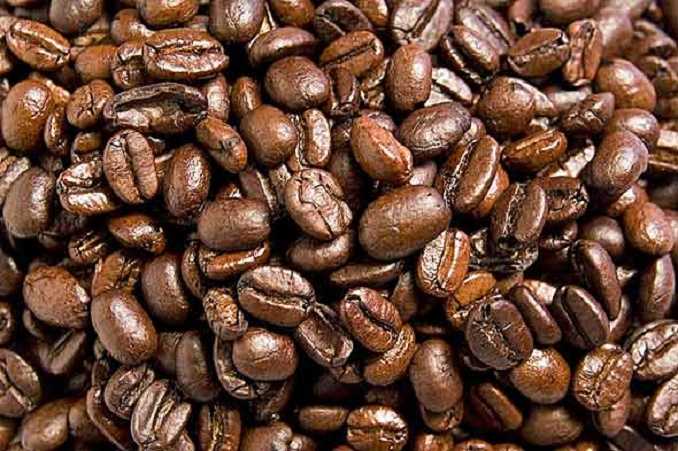Share your coffee stories with us by writing to info@comunicaffe.com.
JAKARTA, Indonesia – The Indonesia Eximbank or LPEI, launched the third Foreign Exchange Village (Desa Devisa) in Indonesia, located in Subang Regency, West Java with Arabica (Java Preanger) and Robusta coffee types. The launch held at the same time with Cooperative Day. This community development-based program provides assistance and capacity building for export-oriented business actors to encourage the independence of coffee farmers in Subang through a series of training, mentoring and utilization of consulting services, so that they are able to penetrate the world coffee export market with quality products.
Quoted from the LPEI press release, this program includes training on coffee cultivation and processing techniques, expanding export market access, preparing financial reports, and increasing production capacity. LPEI will cooperate with the Gunung Luhur Berkah Cooperative (GLB) in assisting 208 coffee farmers under the guidance of the Gunung Luhur Berkah Cooperative for the next six months.
“We are quite sure with Subang’s potential with its coffee commodities and hope that through the training program over the next six months it can increase the capacity of farmers, so that the quality of their coffee beans can also meet export needs. We also hope that the collaboration between the Gunung Luhur Berkah Cooperative and the Subang Regional Government can be one of the initial solutions in the midst of the pandemic situation we are facing,” said LPEI Executive Director, D. James Rompas at the launch of the Subang Coffee Foreign Exchange Village which was held virtually, Monday (12/07).
Assistance will be provided to farmers in six villages, namely Cisalak, Nagrak, Cupunagara, Darmaga, Sukakerti, and Pasanggrahan. The production capacity of the six villages reaches more than 100 tons of coffee beans annually with a farm area of 140 hectares.
The Foreign Exchange Village Program builds synergies in addition to the local government (Pemda) and local cooperatives, LPEI also cooperates with the Directorate General of National Export Development (DJPEN) in the process of exploring the Subang Coffee Foreign Exchange Village. The collaboration of a number of central and regional institutions is also expected to strengthen the mentoring program that will be provided.
Previously, LPEI had succeeded in establishing two Foreign Exchange Villages, namely the Cocoa Foreign Exchange Village in Jembrana, Bali with a leading commodity in the form of fermented cocoa beans and the Handicraft Foreign Exchange Village in Bantul, Yogyakarta with environmentally friendly handicraft products that were able to export sustainably to Europe.















